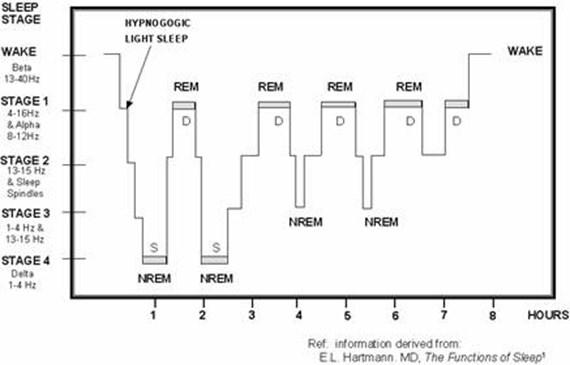Well, I find things like pregnenolone, DHEA and the SSRI I'm taking particularly helpful. But also B vitamins, magnesium and antioxidants, and avoiding low carb dieting or fasting. Substances that reduce cortisol or aldosterone usually makes me worse.
I could never tolerate hormonal precursors or hormones themselves, although the less metabolized and closer to cholesterol, the better. Pregnenolone was much more tolerable than DHEA, for example. I suspect today, these would may provide a favorable response, in moderation. It is my hope, though, that we are influencing the cellular processes that will enable appropriate hormonal responses.
I have, over time, observed improvement in my hormonal output. That afternoon hormonal "valley" has certainly improved. Enhanced hydroxylation can surely account for this, and I think the role of Vitamin D--which of course also requires hydroxylation--in protecting us from bacterial pathogens is, for good reason, tied to hydroxylation of corticosteriods and mineralcorticoids. In effect, the immune response is, in part, paired with the hydroxylation of steroids.
Even before these secondary reactions participating in steroidogenesis, though, the De novo synthesis of cholesterol, which requires acetyl CoA, appears to be inhibited. This is that key part of the metabolism where glucose is converted into usable molecules to enter the Kreb's cycle, where acetyl CoA and NADH is synthesized. I think this bottleneck has to achieve a purpose of limiting oxidative stress and inhibiting glycolysis would do this.
My impression is that the efficiency or flow through these decarboxylation reactions are changing based upon my some B vitamin issues I have experienced in recent weeks; at least with those that interact, at this part of the metabolism. Are you taking a B complex or taking them separately, and do any in particular produce any noticeable effects?

